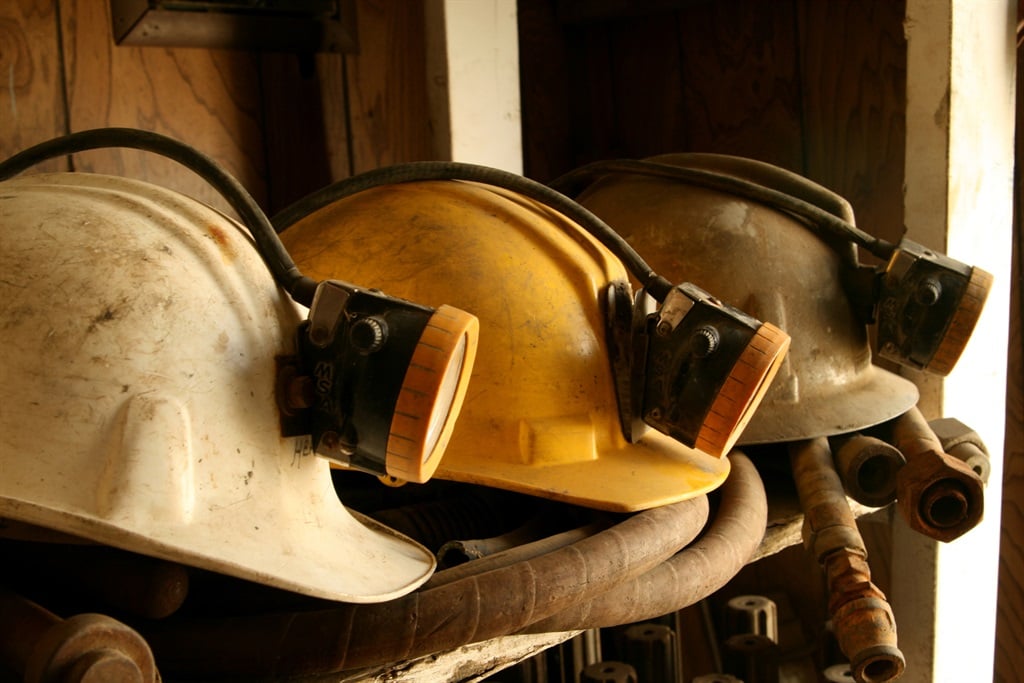A proposed minerals regulation law may deter investors.
Danny Froese/Getty Images
Zambia’s proposed minerals regulation law could deter investment and deliver a “fatal blow” to plans to raise annual copper output to 3 million tons, two mining bodies have said.
Zambia’s government has proposed a new Minerals Regulation Commission Bill, which seeks to “regulate and monitor the development and management of mineral resources” in Africa’s second-biggest copper producer.
But Zambia’s Chamber of Mines (ZCM), the main mining industry body, and the Association of Zambian Mineral Exploration Companies (AZMEC) said in a joint statement some parts of the proposed law “will drive up the perception of investment risk in Zambia”.
“Unfortunately, due to…the prospect of forced ‘free carry’ acquisitions by the state of stakes in new ventures, this Bill will seriously undermine property rights,” the mining industry bodies said.
“The Bill also grants unaccountable and arbitrary discretionary decision making powers to individual regulators, which present obvious future corruption risks,” they added.
Zambia’s mines ministry was not immediately available to comment.
President Hakainde Hichilema’s government, elected in 2021, has sought to repair the country’s investment reputation and ramp up copper production, which was impacted by the seizure of Konkola Copper Mines from Vedanta by the previous administration in 2019.
The new government has handed the company back to Vedanta as it pushes to raise copper output to 3 million tons per year within the next decade to take advantage of growing demand for the metal, which is key to the global shift to cleaner sources of energy.
Copper output slumped to 698 000 tons in 2023 from 763 000 tons the previous year, data from the Zambia Chamber of Mines showed.
Mining majors such as Barrick Gold and First Quantum Minerals are investing billions of dollars into their Zambian copper assets.
The United Arab Emirates’ International Resources Holding (IRH) has pledged to invest $1.1 billion to expand output at Mopani Copper Mines after buying a 51% stake in the company previously owned by Glencore.

